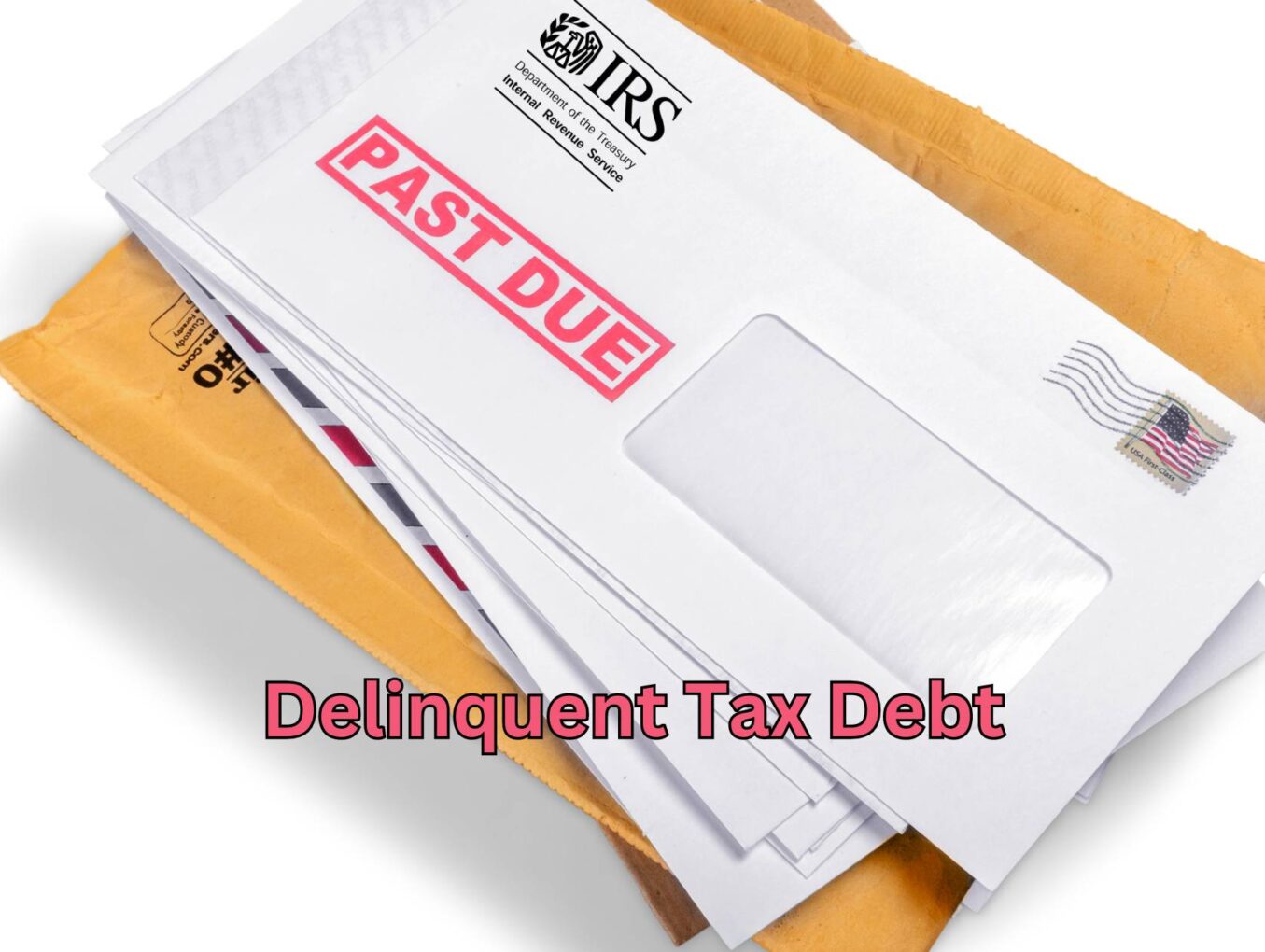Delinquent tax debt is any unpaid IRS taxes, penalties, and interest that are past due. When individuals or businesses don’t make tax payments on time, the IRS will take various collections actions to settle the debt.
Actions range from adding penalties and interest to filing a tax lien and/or levying wages, bank accounts, and other assets. We’ll review when tax debt becomes delinquent, the consequences of unpaid taxes, and how you can resolve debt with the IRS.
When Are Unpaid Taxes Delinquent?
Unpaid taxes are considered delinquent by the IRS as soon as the federal tax filing deadline passes if no payment or payment arrangement is made.
Typically, the filing deadline is April 15th for individual 1040 tax returns, but this date will change if it is on a weekend or is a federal holiday.
Keep in mind that even if you file your return on time but don’t pay the taxes you owe, your taxes are considered delinquent immediately after the deadline. The IRS assesses a late payment penalty and begins to add interest to unpaid taxes from this date.
How Do I Know If I Have Delinquent Tax Debt?
The IRS mails a series of balance due notices and reminders, so you know exactly how much tax you owe and the payment due date. Common delinquent tax notices include CP14 (first delinquent tax notice), CP501 (first delinquent tax reminder), and CP503 (second delinquent tax reminder).
The IRS will send a CP504 Notice of Intent to Levy if the tax debt remains unpaid after the first three notices.
As soon as you receive any notice that you owe delinquent taxes, it’s best to make payment arrangements with the IRS to prevent a lien or levy.
What Can the IRS Do If I Owe Delinquent Taxes?
The IRS has several ways to resolve delinquent taxes. Some of the collections actions the IRS can take include:
Penalties and Interest
The IRS adds penalties for failing to file a tax return on time, failing to pay taxes on time, and/or underpaying estimated taxes. Note that interest also accrues on delinquent tax debt until it is paid in full.
Tax Liens
If you owe the IRS a significant amount of back taxes, they can file a tax lien against your property. This alerts creditors that the IRS has a legal claim to your property for unpaid taxes.
Tax Levies
A tax levy allows the IRS to garnish your wages and retirement funds, take money from your checking and saving accounts, seize and sell your property, and more.
Deny or Revoke Passport
If your tax debt is seriously delinquent, the IRS can ask the State Department to revoke your existing passport or deny a new application or renewal.
How Do I Resolve Delinquent Taxes With the IRS?
Here are the steps you can take to resolve delinquent tax debt:
Pay in Full
If possible, pay the full amount you owe when you receive a balance due notice from the IRS. It’s the quickest way to settle your debt and stop more aggressive IRS collections.
Installment Agreement
If you cannot pay the full amount at once, you can set up a payment plan or installment agreement with the IRS to have more time to pay. In some cases, you’ll have up to 72 months and can make smaller monthly payments.
Offer in Compromise
In a best case scenario, the IRS may accept an “offer” settlement amount that’s less than the delinquent taxes you owe. For an OIC, you’ll need to show that there’s no way your income and assets can pay for your full tax debt on top of basic monthly expenses.
Currently Not Collectible
If you cannot pay your taxes due to financial hardship, you can ask the IRS to pause collections until your situation improves. They’ll review your finances periodically to determine when you need to start paying again.
Seek Professional Help
We can help you make the best payment arrangement with the IRS to pay off delinquent taxes without experiencing a financial hardship.
When Does My Delinquent Tax Debt Become Seriously Delinquent?
The IRS considers tax debt seriously delinquent when it exceeds $55,000. Seriously delinquent tax debt has significant consequences, including passport revocation.
You may also be at increased risk for wage garnishment, a bank account levy, seizure of home or car, and a federal tax lien.
Will I Lose My Refund If I Have Delinquent Tax Debt?
If you owe delinquent taxes, the IRS can offset your tax refund. This means that any refund will be applied to your tax debt first. If your refund is for more than what you owe, you will receive the remaining amount.
However, if your debt exceeds your refund amount, you won’t receive a refund, and the IRS will continue to collect the outstanding tax debt.
If you have delinquent taxes, Wiztax can help you make payment arrangements with the IRS to resolve your debt and stop liens and levies. You can start online by answering 6 simple questions.
6 Simple Questions. Free Evaluation.

